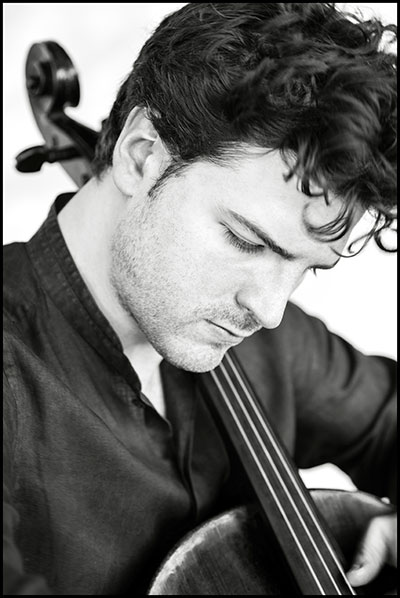Star performer Gabriel Schwabe
By Chen Nan | China Daily | Updated: 2018-03-03 10:34

In fact, Haydn's Cello Concerto No 1 in C major, has "a wonderful, dance-like energy and is full of youthful joy and freshness" and, he says, was the first piece he played with a professional orchestra-the Deutsche Oper Berlin-as a teenager in 2003.
Concerto No 2 in D Major is a piece Schwabe learned some years later, and played for the first time in the final of the first major competition he participated in, the Grand Prix Emanuel Feuermann, in 2006.
"What's fascinating to me is that Haydn very obviously perceived the instrument in a different way from other composers. While the cello usually is associated with a dark tone and melancholic tendencies, Haydn sees the instrument full of lightness and elegance, capable of playing around and soaring above the orchestra. All of this is enabled by his masterful instrumentation, being careful to keep the orchestra transparent, so the soloist is not pushed to force his tone," Schwabe adds.
At 30, Schwabe has established himself among the leading cellists of his generation. He is a laureate of numerous national and international competitions, such as the Grand Prix Emanuel Feuermann in 2006. And, in 2007 he won the German National Music Competition, and received the Soloist Award of the Festspiele Mecklenburg-Vorpommern. In 2009, he won the prestigious Pierre Fournier Award in London.
Born in Berlin to German-Spanish parents, Schwabe grew up with music since his mother was a piano teacher and she had students come in for lessons.
As a child, the cellist would sing and listen to lots of music, and eventually he played piano as his first instrument.
He also had a short affair with the violin, before he realized that cello is the instrument with which he could best express himself musically. He studied at the University of Arts in Berlin and later at the Kronberg Academy.
























